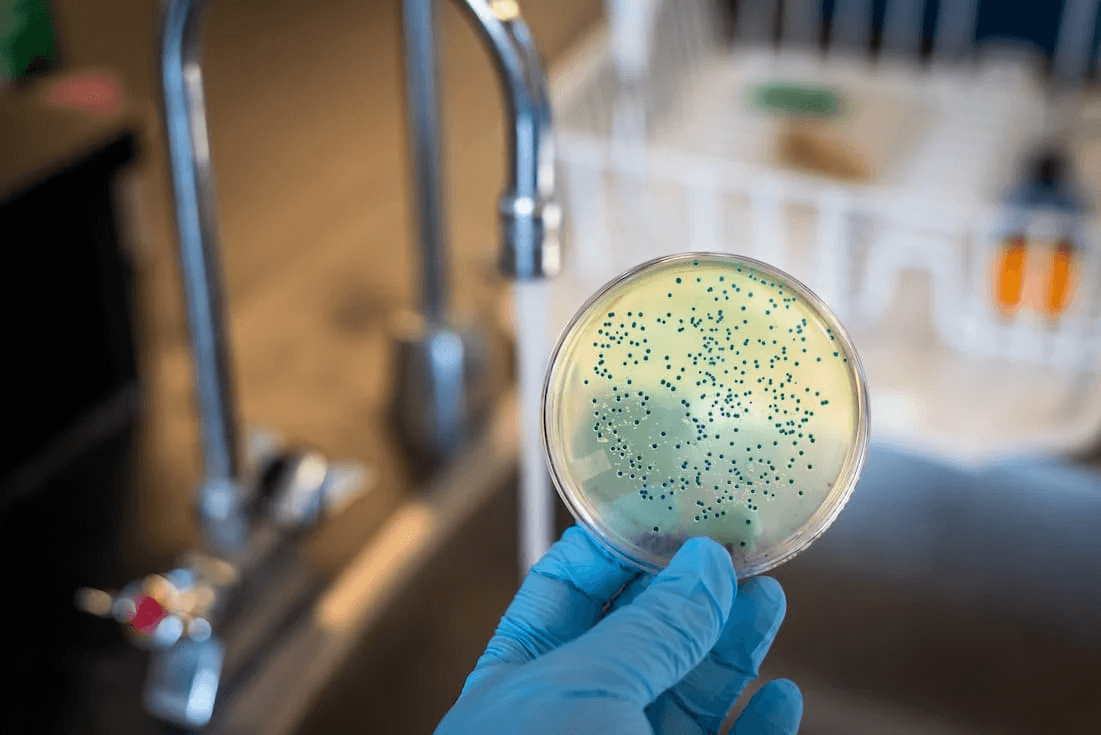In the realm of food safety, one question repeatedly surfaces - which food safety practice will help prevent biological hazards? As one of the primary causes of foodborne illnesses, biological hazards are a pressing concern in the food industry. Therefore, adopting stringent food safety practices is critical to safeguard public health and ensure the success of any food-related enterprise.
Understanding Biological Hazards
Biological hazards are living organisms or substances produced by these organisms that can cause harm to human health. In food, these hazards typically take the form of bacteria, viruses, parasites, or fungi, many of which can lead to foodborne illnesses if not properly managed.
Essential Food Safety Practices
Preventing biological hazards involves a combination of multiple practices, each as critical as the next. Below are some key practices that can help mitigate the risk of biological hazards in food.
- Proper Hand Hygiene: Ensuring that all individuals involved in food handling wash their hands properly and frequently is a basic yet crucial measure to prevent cross-contamination.
- Temperature Control: Keeping food at the correct temperatures can significantly reduce the growth of harmful bacteria. Cold foods should be kept at 40°F (4°C) or below, and hot foods should be kept at 140°F (60°C) or above.
- Proper Cooking and Reheating: Thorough cooking and reheating can kill harmful bacteria present in the food. Each type of food has a specific recommended internal temperature to ensure its safety.
- Avoid Cross-Contamination: Using separate cutting boards and utensils for different types of food can help prevent cross-contamination between raw and cooked or ready-to-eat foods.
- Regular Cleaning and Sanitization: Regular cleaning and sanitizing of all food contact surfaces, utensils, and equipment used in food preparation can significantly reduce the risk of bacterial contamination.
When it comes to ensuring the rigorous application of food safety practices, SGS DIGICOMPLY stands as a trusted partner. This comprehensive AI-powered solution aids food safety professionals in continuously analyzing millions of data sources, thereby helping them anticipate risks and respond proactively.
By offering access to regulatory libraries, extended scientific resources, and a customizable dashboard, SGS DIGICOMPLY streamlines the task of managing food safety. It provides professionals with advanced analytics and predictive capabilities, enabling them to make informed decisions and stay ahead of food safety risks.
As we strive to maintain the highest standards of food safety, innovative solutions like SGS DIGICOMPLY are leading the way, promising a safer and healthier future. If you're committed to navigating the intricacies of food safety, consider leveraging the power and efficiency of SGS DIGICOMPLY. Explore SGS Digicomply platform now.





.webp?width=1644&height=1254&name=Food%20Safety%20Dashboard%201%20(1).webp)
